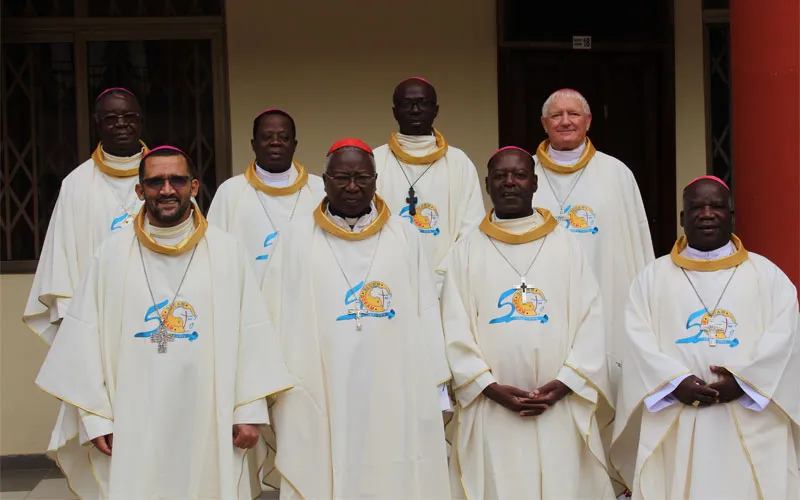Accra, 09 October, 2019 / 2:33 am (ACI Africa).
When the dust around xenophobia mainly in South Africa seems to be settling amid high level interventions, members of the Standing Committee of the Symposium of Episcopal Conferences of Africa and Madagascar (SECAM) have added their voice to those of the regional bodies of Bishops’ conferences, condemning xenophobic violence and reprisal attacks and called on governments and political actors to end hatred on the African continent.
“We, the Standing Committee members of the Symposium of Episcopal Conferences of Africa and Madagascar (SECAM), are deeply saddened by recent xenophobic attacks in South Africa that resulted (in) reprisals in different parts of the continent, especially, Nigeria and the Democratic Republic of Congo (DRC),” begins the SECAM statement availed to ACI Africa Tuesday, October 8.
“We join voice with our brother Bishops of the Southern African Catholic Bishops’ Conference (SACBC) and Inter-Regional Meeting of Southern African Bishops (IMBISA) and all others, to condemn the barbaric destruction of life and property, the hatred and maltreatment suffered by foreigners in various African countries over the years” reads in part SECAM’s statement.
“We are most seriously concerned about derogatory and inflammatory remarks made by different people, including high profile ones, concerning migrants, refugees, asylum seekers, and other vulnerable persons, following the xenophobia and reprisal attacks,” the Bishops stated in their October 4 communique.
“Xenophobic violence and its reprisals are a total shame not only to our corporate personality but also to Catholicism in Africa, in particular, and Christianity in general,” the Bishops have decried in their statement titled “I was a stranger and you welcomed me.”








